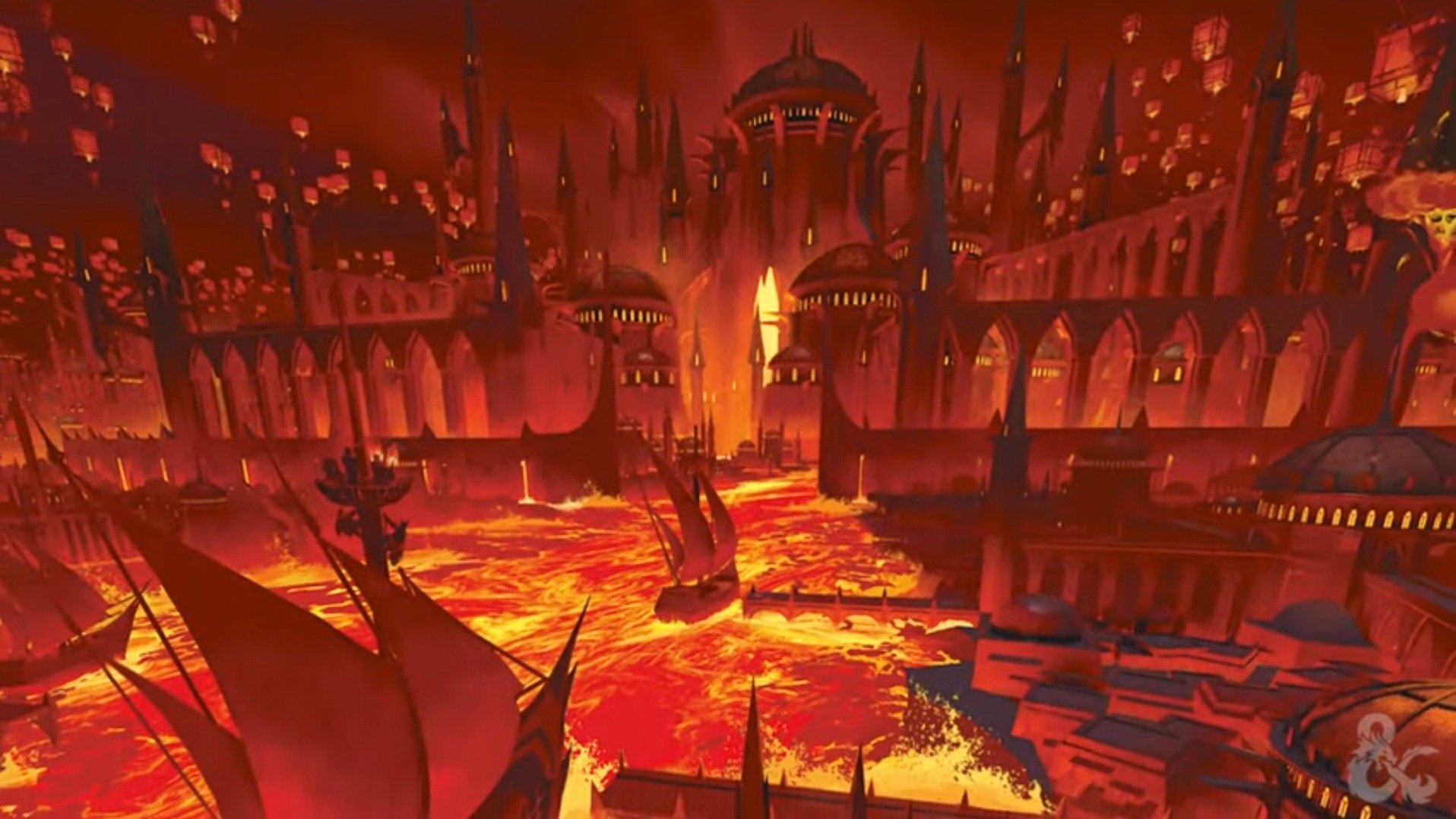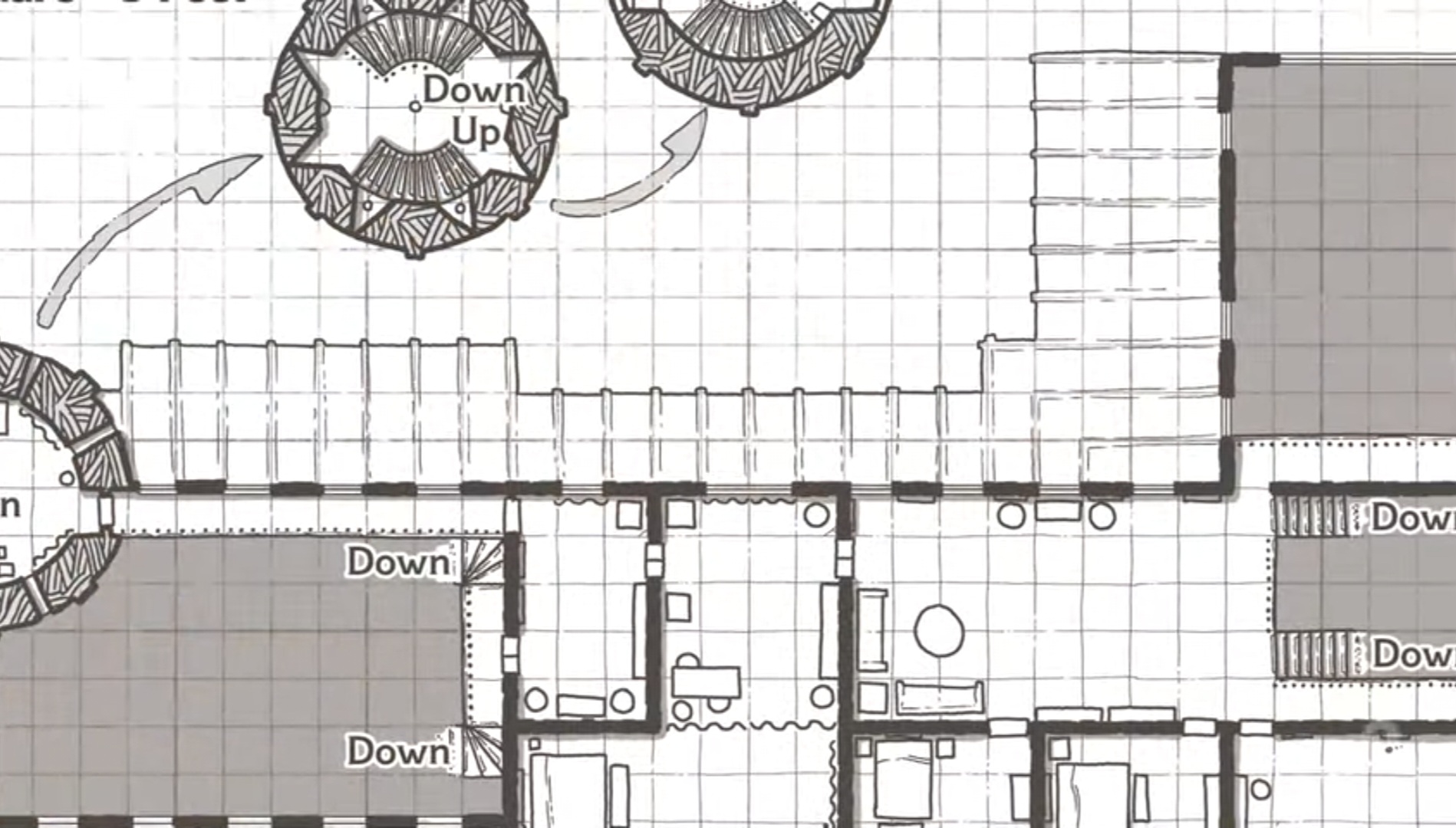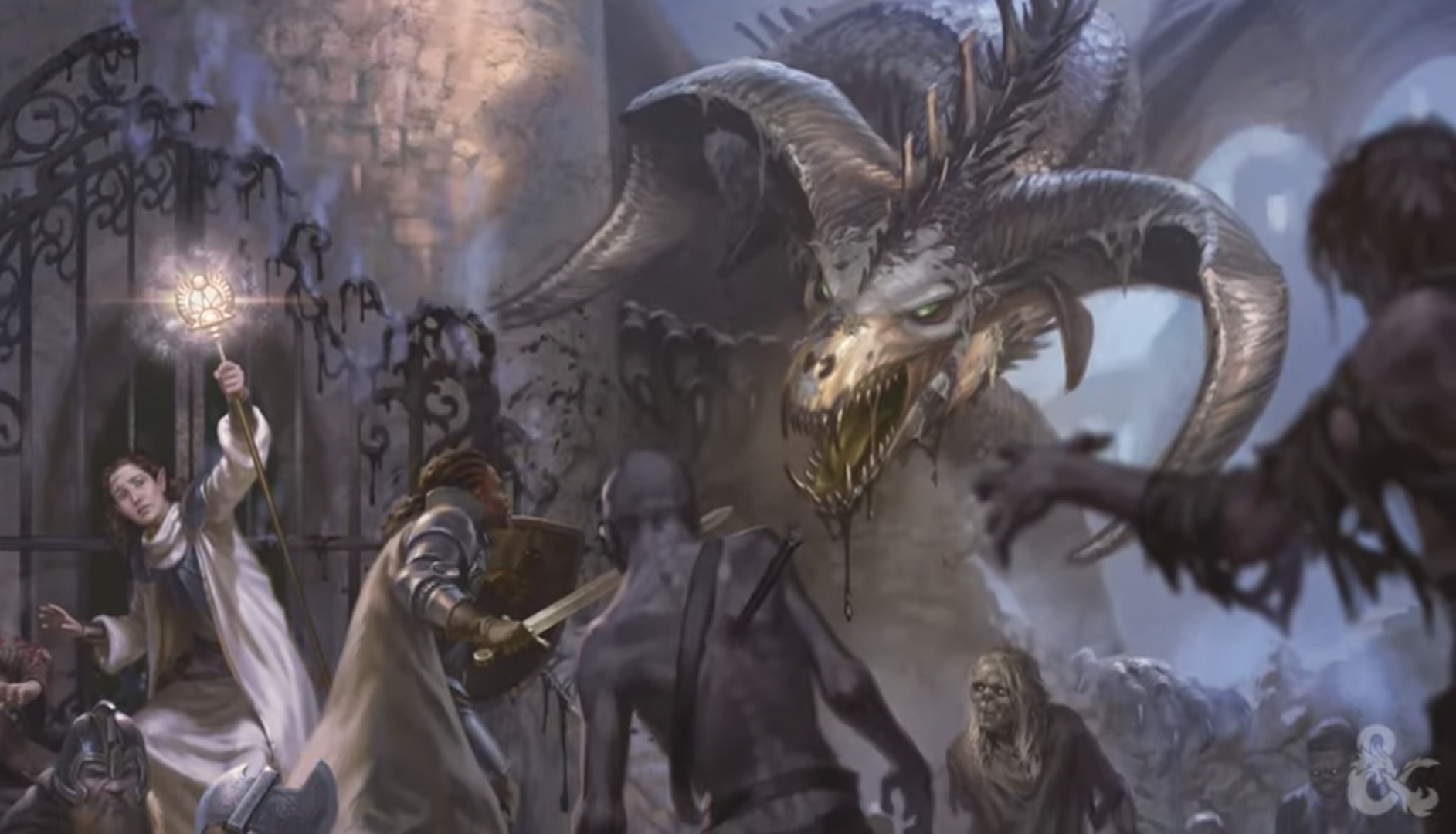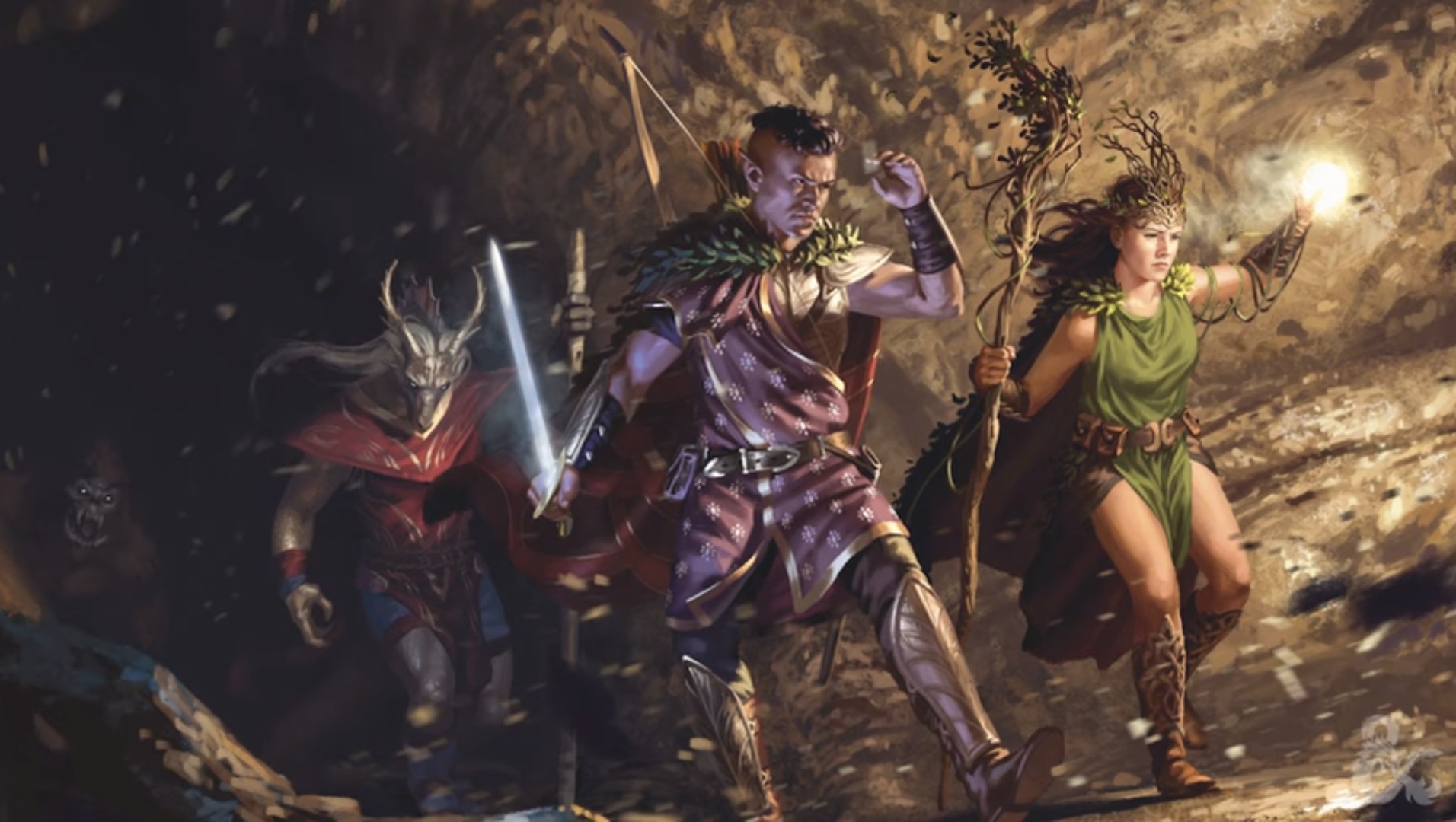D&D 5.5E: The Bastion System Previews – Players, Make Your Mark on the World
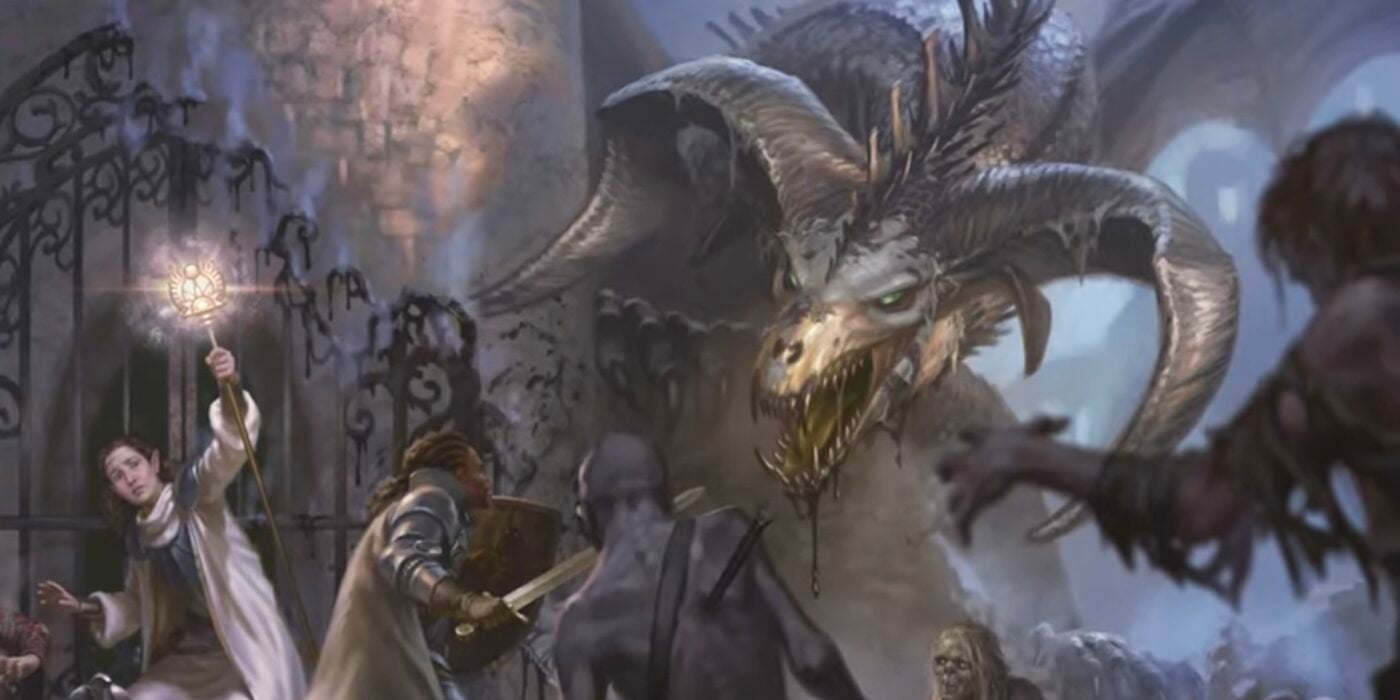
Wizards of the Coast gave a more extensive preview of the Bastion System in the new 5.5E Dungeon Master’s Guide.
It’s Dungeon Master’s Guide hype week at WotC as the company prepares to launch the new 5.5E Dungeon Master’s Guide, which hits early access sometime soon. And today, they gave a more in-depth preview of the Bastion System, a set of rules designed to put some of the fun of Dungeon Mastering into the hands of players.
The Bastion System – Make Your Mark on the World
In a nutshell, the Bastion System is a set of rules for building your very own base. It goes back to one of my favorite chapters in any Dungeon Master’s Guide, notably the 2nd Edition DMG, which describes how a player might build a castle or tower or other base of operations and could then attract followers. Players could hit a certain level (usually somewhere in the 9-11 range, never forget), and could set up shop, or keep as it were, in the world.
And now the Bastion System codifies that in 5.5E. With a set of rules that, at level 5, if you opt-in, lets you set up your own base of operations. In the video Chris Perkins and James Wyatt, two of the leads on the DMG, explain that the Bastion System is a way to get players to buy into the game. Because they’ll have a small piece of the world that feels like their own.
And it’s not just that it’s a spot that the DMs can threaten. In fact, in the video Perkins and Wyatt go out of their way to say “it’s not a knife we give the DM.” It is meant to give over some of the fun of adding to the world to players. A player might feel empowered to goo ut and draw out their bastion, to map out their own little corner of the world.
The Bastion System is an invitation to the player to sit down and talk with the DM about the things they can get up to outside of the normal Bastion rules, which we’ll get into in a minute. But as a narrative tool, the team at WotC seems very excited about the possibilities with Bastions.
As they point out in the video, the Bastion rules are another lever to pull on when looking at new campaign settings. For instance, a game set in Ravenloft might have a wildly different looking Bastion than one set in the Forgotten Realms. The possibility of a Graveyard as a special Ravenloft facility that you could put in your Bastion really excited the team. If you go watch at around the four minute mark, you can see the possibilities turning over in their heads.
This isn’t just a one-off thing. New campaign settings might have more specific Bastions, which is always exciting.
Bastions – How Do They Even Work?
If you’re wondering how Bastions work, here’s a quick overview. At level 5, you can acquire a Bastion, either inheriting one, purchasing one, building one – whatever the route, you have a place in the world now. And Bastions consist of different facilities that either add specific NPCs to your base or that give you special cool in-game mechanical benefits. Some of these facilities can only be unlocked as you level up, by default. Here’s a quick list of all the facilities mentioned in the video:
- Arcane Study
- Armory
- Barrack
- Garden
- Library
- Sanctuary
- Smithy
- Storehouse
- Workshop
- Game Hall
- Green House
- Laboratory
- Sacristy
- Scriptorium
- Stable
- Teleportation Circle
- Theater
- Training Room
- Trophy
- Archive
- Meditation Chamber
- Menagerie
- Observatory
- Pub
- Reliquary
- Demiplane
- Guildhall
- Sanctum
- War Room
These facilities provide you with different benefits. A garden, for instance, can grow different things—you might have a poison garden that grows toxin ingredients, for instance. Once every seven days or so (or whenever the DM feels it is appropriate), you take a Bastion turn. During a Bastion turn, if you’re in your Bastion or can otherwise communicate with your NPC hirelings, you can give them a special order to make them do things. Orders include: craft, harvest, empower, maintain, recruit, research, trade—different facilities take different orders and give different results.
But even if you’re not there, the whole Bastion does the maintain order and that’s when something cool and exciting might happen. You’ll roll on a table of random events to see what might be unleashed.
Your Bastion might be attacked,it could be visited by emissaries, or any number of other things can happen. But that’s the idea. The Bastion is there to give a sense that the world is moving on, even where your characters aren’t. While you’re out adventuring in the dungeon, you might have a Bastion turn or two to help pace out the time that’s been passing while you’re away.
Wyatt and Perkins suggested even that you might begin a session with players having taken a Bastion turn in the time between play sessions. Meaning that you could go home and keep thinking about the game while real life is happening.
Then, when you come back, instead of the group asking “what were we doing again?” and nobody having a concrete answer, you could talk about what’s been going on in your Bastions. Players can even combine them to create a mega-Bastion. Have a real shared base of operations, share facilities between group members. Live out your dream of owning property with your friends.
It feels like an interesting concept that I want to see in action. It’ll be weeks yet before the DMG comes out—but the Bastion System has me excited to dig in and have some players hit 5th level. Having your own corner of the world might even make it easier to keep the game going—investment of time and thought like that gives you extra hooks to play with.
So keep an eye out for the Bastion system, which is due out with the new Dungeon Master’s Guide in November!
Happy adventuring!


